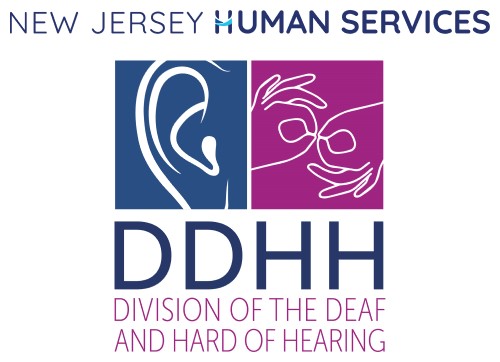Grace's Law
A New Jersey law that requires limited insurance coverage for hearing aids and cochlear implants. Your health benefits may or may not be subject to the requirements of Grace’s Law. The following information may be helpful in determining if a health plan is require to comply.
Grace’s Law:
Download English Download Spanish
What are the benefits stated in Grace’s Law?
Grace’s Law applies to all NJ fully insured, individual plans, State Health Benefits Plan (SHBP), NJ FamilyCare, and small and large group plans. The law requires carriers to provide benefits for medically necessary expenses incurred in the purchase of a hearing aid or cochlear implant.
State Health Benefits Plan:
- Individuals covered by the State Health Benefits Plan (SHBP) or the School Employees Health Benefits Plan (SEHBP) receive coverage up to $2,500 per hearing aid, every 60 months.
- Under Grace’s Law, individuals enrolled in SHBP are eligible for hearing aid benefits from birth through age 21.
- The hearing aid(s) or cochlear implant(s) must be medically necessary and prescribed by a licensed physician or audiologist.
- Coverage includes the cost of treatment related to the cochlear implant(s), including procedures for the implantation of the cochlear device(s) and costs for any parts, attachments, or accessories of the device(s), including replacement of obsolete external cochlear implant processors.
State Regulated Plan:
- For select state-regulated plans, such as individual and small or large group fully[1]insured plans, NJ FamilyCare, Grace’s Law covers individuals of all ages, with no
monetary limit. - Under Grace’s Law, individuals are eligible for one (1) hearing aid or cochlear implant, for each ear, every twenty-four (24) months.
- The hearing aid(s) or cochlear implant(s) must be medically necessary and prescribed by a licensed physician or audiologist.
- Coverage includes the cost of treatment related to the cochlear implant(s), including procedures for the implantation of the cochlear device(s) and costs for any parts, attachments, or accessories of the device, including replacement of obsolete external cochlear implant processors.
- Benefits shall be provided to the same extent as for any other condition under the
contract
School Employees:
- Under Grace’s Law, school employees receive coverage for one (1) hearing aid or cochlear implant per ear, up to $2,500, every sixty (60) months.
- The hearing aid(s) or cochlear implant(s) must be medically necessary and prescribed by a licensed physician or audiologist.
- Coverage includes the cost of treatment related to the cochlear implant(s) (or hearing aid(s)), including procedures for the implantation of the cochlear device(s) and costs for any parts, attachments, or accessories of the device, including replacement of obsolete external cochlear implant processors.
Example:
- Let’s say an individual needs a hearing aid that costs $5,000 and the insurance company agrees that is medically necessary to have that $5,000 device and $5,000 is the allowed charge.
- Suppose the plan has a $1,000 deductible then pays 70%. $5,000 - $1,000 = $4,000. $4,000 X .70 = $2,800
- The benefit would be $2,800.
- The family would pay $1,000 + $1200 = $2,200.
Ask the following questions:
- Is the health benefit plan self-funded or fully insured? (Only fully insured health plans, regulated by the state of New Jersey, are required to comply with Grace’s Law.)
- If the health benefit plan is fully insured, in what state is the insurance policy written? (Only plans written in New Jersey are required to comply with Grace’s Law.)
It is important to understand health benefit plans to determine if Grace’s Law applies.
If the health benefit plan is not fully insured, inquire if the provider is willing to voluntarily comply with Grace’s Law.
For more information and additional resources, please contact DDHH at (609) 588-2648, (609) 503-4862 (videophone), or DDHH.communications2@dhs.nj.gov.

 Official Site of The State of New Jersey
Official Site of The State of New Jersey